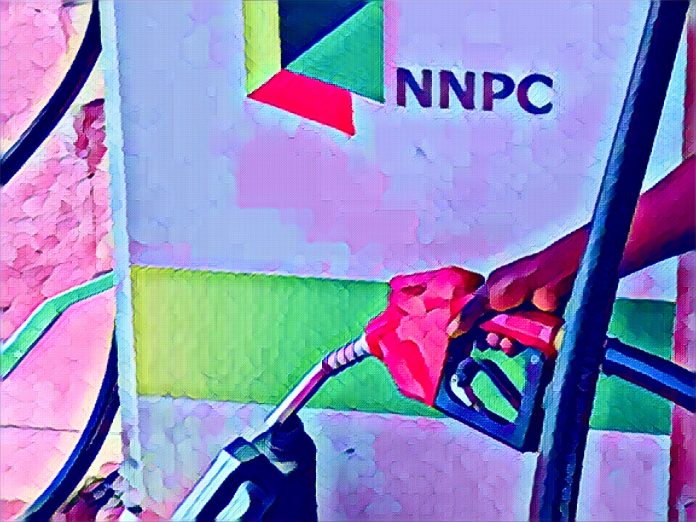KEY POINTS
-
NNPC reduces petrol prices to N880/litre in Lagos and N935/litre in Abuja, marking the first significant drop since mid-2024.
-
Price adjustment follows Dangote Refinery’s N890/litre ex-depot rate, with the facility now supplying 40% of NNPC’s distribution network.
-
Analysts cite improved domestic refining and naira stability as key factors, though prices remain over double pre-subsidy removal levels.
The Nigerian National Petroleum Company, NNPC, Limited has implemented a nationwide reduction in petrol pump prices, with Lagos stations now selling at N880 per litre and Abuja outlets at N935 per litre.
This marks a N45 decrease in Lagos and a N15 drop in the capital compared to previous rates.
“The adjustment follows market realities and strategic partnerships,” an unnamed NNPC official stated, confirming the changes took effect Monday morning.
The reduction comes just three days after Aliko Dangote’s mega-refinery slashed its ex-depot price to N890/litre, triggering a ripple effect across downstream operators.
Dangote refinery disrupts petrol pricing dynamics
According to AAN TV, Industry analysts confirm this is the first major petrol price reduction since June 2024, when pump prices crossed the N900 threshold.
The NNPC’s revised pricing now shows regional variations, with stations in Port Harcourt (N895), Kano (N915), and Enugu (N925) reflecting transportation differentials.
“This proves local refining capacity can stabilize prices,” remarked energy economist Ifeanyi Onuba, noting the Dangote facility now supplies 40% of NNPC’s distribution network. The refinery’s 650,000-barrel-per-day output has reduced Nigeria’s dependence on imported fuel by 60% since full operations began in January.
Transport unions have cautiously welcomed the development, though NURTW chairman Tajudeen Baruwa warned “Nigerians need sustained reductions below N700 to feel real relief.” The current price remains 217% higher than pre-subsidy removal rates in May 2023.
Market observers suggest further reductions are likely if the naira maintains its current stability against the dollar. Central Bank data shows forex allocations to fuel importers dropped by $1.2bn this quarter due to increased domestic refining.



